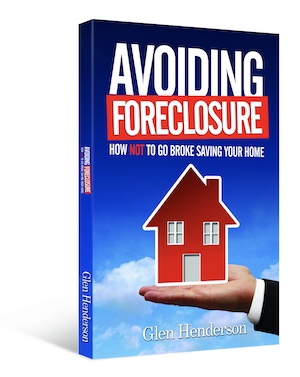Pros and Cons Of A Short Sale
What is a short sale?
A short sale is when a property is sold for an amount that is less than the total balance of the homeowner’s mortgage(s). In order to facilitate the sale, the mortgage lender/bank agrees to accept less than the full amount of the loan, or a “short” payoff. There are specific rules that banks and lenders have on which properties qualify for a short sale. You can learn more about what a short sale is HERE.
If you are in a position that you owe more than your home is worth and you need to sell, the biggest advantage of a short sale is that you will be able to avoid foreclosure and save your credit. If you have a foreclosure on your credit history, you have to wait at least seven years before you can get a mortgage. After a short sale, you can buy again in two years.
Pros and Cons
We are often asked: Is it better to do a short sale or foreclosure? As a homeowner, the benefits of a short sale almost always outweigh the alternative of a foreclosure.
The advantages of a short sale are:
- You will not owe anything after the sale. Your lender will consider your loan “settled”.
- You will be able to avoid foreclosure.
- You will be in control of the time frames and your situation.
- The impact on your credit will be less than in a foreclosure.
- You will be able to purchase a home sooner than in a foreclosure.
- There will not be a public record on your credit.
- The sale can be handled discreetly.
The disadvantages of a short sale:
- You need to take responsibility for the sale of your home vs walking away in a foreclosure.
- The approval process can be time-consuming (we take care of that for you).
- There are potential tax ramifications for either a short sale or foreclosure.
Where to Start?
If you’re unsure whether a short sale is right for you, contact us today to discuss your situation. We will be able to review your situation and help guide you to the best solution.
Buying A Short Sale?
The pros of buying a short sale
- You could get a good deal. Banks and home sellers are motivated to find a buyer for a short sale as soon as possible. Depending on the bank, they will accept a percentage of the total market value.
- In many cases, there is less competition. Short sales can take anywhere from a month to multiple months to get the bank to issue the approval. Many buyers aren’t willing to wait for that amount of time. That means you’re less likely to get caught in a bidding war that can drive up the price.
- It is less risky to buy a short sale than it is to buy a foreclosure. In a short sale, you are still buying from the owner/occupant and they have the responsibility to disclose any known problems that the home has. They also will typically still be occupying the home and taking care of it. With a foreclosure, the bank has never occupied the home and is not required to provide the standard real estate disclosures.
The cons of buying a short sale
- The approval process can be long and frustrating. Short sales are not short. The process requires that all lenders review the short sale and they must approve the sale. This can lead to a long time period with no guarantee the sale will be approved. (We average 30-90 days for our approvals.)
- Just because it is a short sale, it doesn’t always mean that it’s going to be a fantastic deal. The lenders will try to recoup as much of their money as possible and will often set a competitive price. It is also possible that the price is driven up in a competitive market if there are multiple offers.
- The home may require costly repairs. If a homeowner has been suffering from financial distress, they may not have had the funds available to take care of repairs and maintenance on the property. It is always recommended that you have a home inspection completed when purchasing a home.
If you have any questions about buying a short sale or selling your home. Please, contact us today to discuss your options and learn how we can help.




